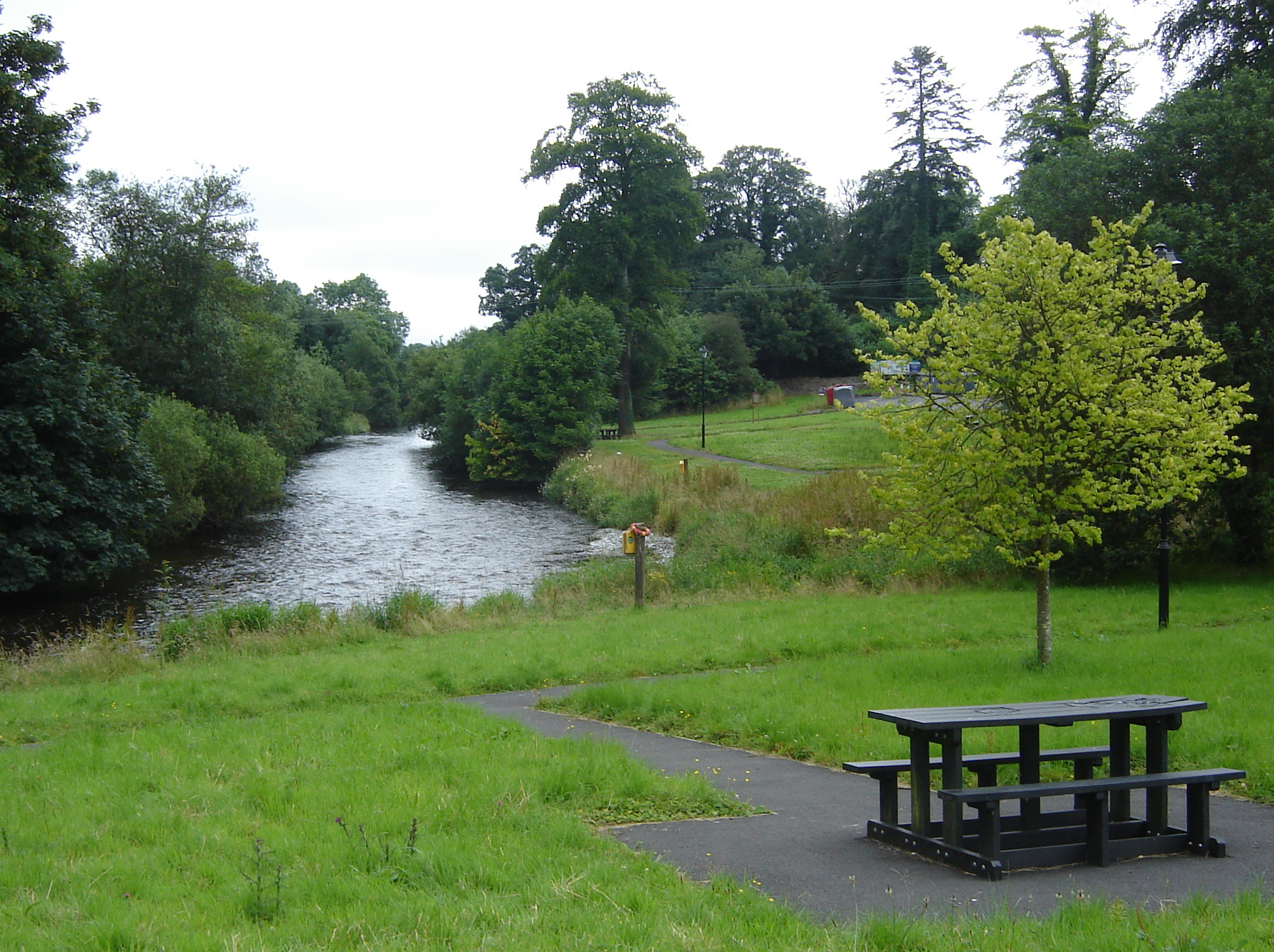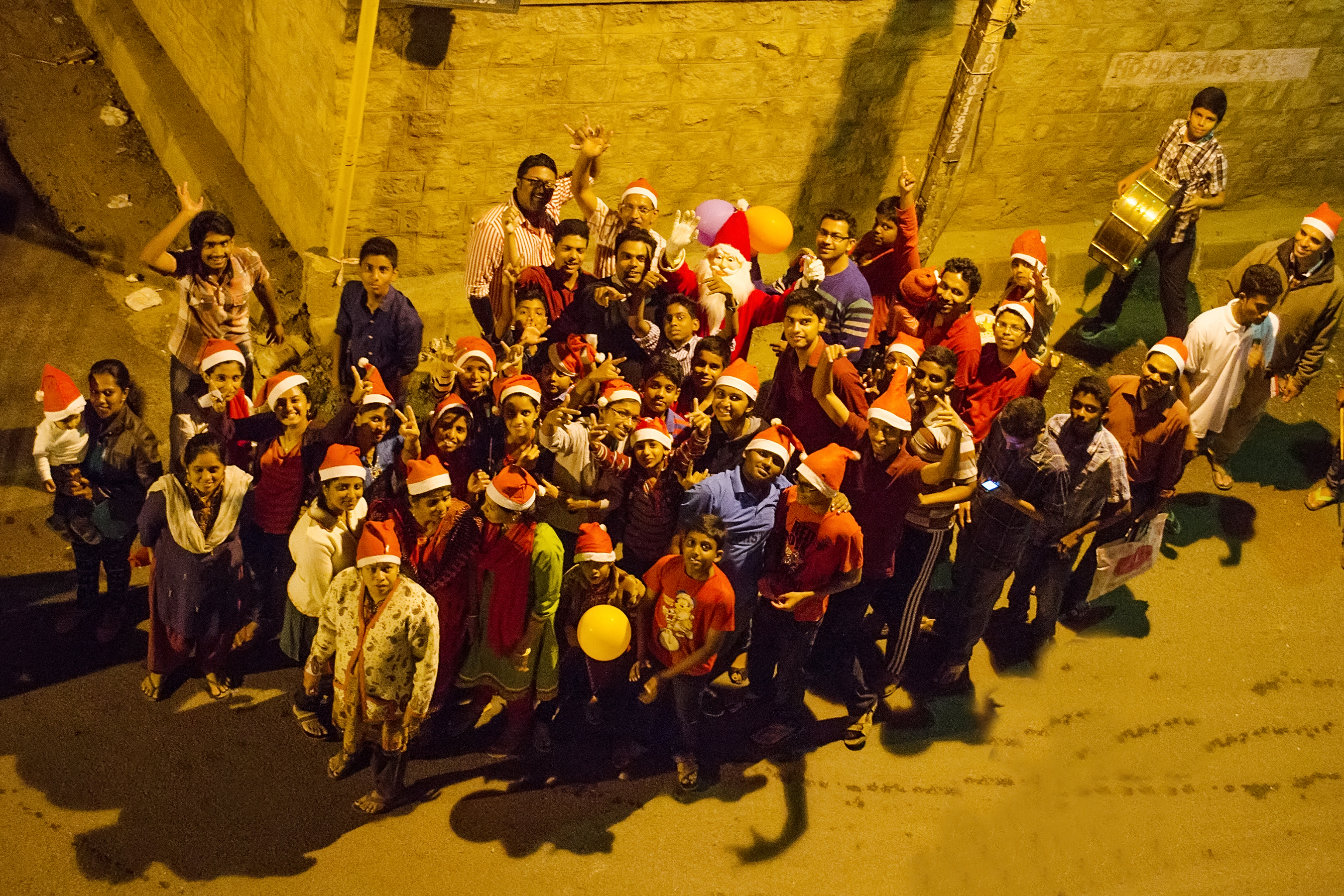|
Nahum Tate
Nahum Tate ( ; 1652 – 30 July 1715) was an Anglo-Irish poet, hymnist, and lyricist, who became Poet Laureate in 1692. Tate is best known for '' The History of King Lear'', his 1681 adaptation of Shakespeare's ''King Lear'', and for his libretto for Henry Purcell's opera, ''Dido and Aeneas''. He also wrote the lyrics to a Christmas carol, " While shepherds watched their flocks". Life Nahum Tate was born in Dublin and came from a family of Puritan clerics. He was the son of Faithful Teate, an Irish cleric whose father, also Faithful, had been rector of Castleterra, Ballyhaise, until his house was burnt and his family attacked during the Irish Rebellion of 1641. After living at the provost's lodgings in Trinity College Dublin, Faithful Teate moved to England. He was the incumbent at East Greenwich around 1650, and "preacher of the gospel" at Sudbury from 1654 to 1658. He had returned to Dublin by 1660. He published a poem on the Trinity entitled ''Ter Tria'', as well as s ... [...More Info...] [...Related Items...] OR: [Wikipedia] [Google] [Baidu] |
Poet Laureate Of The United Kingdom
The British poet laureate is an honorary position appointed by the monarch of the United Kingdom on the advice of the Prime Minister of the United Kingdom, prime minister. The role does not entail any specific duties, but there is an expectation that the holder will write verse for significant national occasions. The laureateship dates to 1616 when a pension was provided to Ben Jonson, but the first official laureate was John Dryden, appointed in 1668 by Charles II of England, Charles II. On the death of Alfred, Lord Tennyson, who held the post between November 1850 and October 1892, there was a break of four years as a mark of respect; Tennyson's laureate poems "Ode on the Death of the Duke of Wellington" and "The Charge of the Light Brigade (poem), The Charge of the Light Brigade" were particularly cherished by the Victorian public. Four poets—Thomas Gray, Samuel Rogers, Walter Scott and Philip Larkin—turned down the laureateship. Historically appointed for an unfixed term a ... [...More Info...] [...Related Items...] OR: [Wikipedia] [Google] [Baidu] |
Poet
A poet is a person who studies and creates poetry. Poets may describe themselves as such or be described as such by others. A poet may simply be the creator (thought, thinker, songwriter, writer, or author) who creates (composes) poems (oral tradition, oral or literature, written), or they may also performance, perform their art to an audience. The work of a poet is essentially one of communication, expressing ideas either in a literal sense (such as communicating about a specific event or place) or metaphorically. Poets have existed since prehistory, in nearly all languages, and have produced works that vary greatly in different cultures and periods. Throughout each civilization and language, poets have used various styles that have changed over time, resulting in countless poets as diverse as the literature that (since the advent of writing systems) they have produced. History Ancient poets The civilization of Sumer figures prominently in the history of early poetry, a ... [...More Info...] [...Related Items...] OR: [Wikipedia] [Google] [Baidu] |
Ballyhaise
Ballyhaise (; ) is a village in County Cavan, Ireland. It is situated approximately north-northeast of Cavan and 11 km, via the N54, from the border with County Fermanagh in Northern Ireland. The River Annalee flows near the village. As of 2022, the village had a population of 748. Location The village of Ballyhaise is located within the parish of Castletara and contains both Roman Catholic and Church of Ireland churches. History Ballyhaise has elements of a planned, Palladian estate village which was built to facilitate a local linen industry in the 1700s. The industry had failed by the 1800s. The remnants of the Ballyhaise Estate Village lie in the possession of the state who acquired Ballyhaise House in 1905, which has been run as an agricultural college ever since. The elaborate gardens of Colonel Newburgh's Ballyhaise House have ceased to exist with time, but Rev. William Henry's words in 1739 remain that Ballyhaise was 'made to last forever.' Origins of Ba ... [...More Info...] [...Related Items...] OR: [Wikipedia] [Google] [Baidu] |
Puritan
The Puritans were English Protestants in the 16th and 17th centuries who sought to rid the Church of England of what they considered to be Roman Catholic practices, maintaining that the Church of England had not been fully reformed and should become more Protestant. Puritanism played a significant role in English and early American history, especially in the Protectorate in Great Britain, and the earlier settlement of New England. Puritans were dissatisfied with the limited extent of the English Reformation and with the Church of England's religious toleration of certain practices associated with the Catholic Church. They formed and identified with various religious groups advocating greater purity of worship and doctrine, as well as personal and corporate piety. Puritans adopted a covenant theology, and in that sense they were Calvinists (as were many of their earlier opponents). In church polity, Puritans were divided between supporters of episcopal, presbyterian, and ... [...More Info...] [...Related Items...] OR: [Wikipedia] [Google] [Baidu] |
Christmas Carol
A Christmas carol is a Carol (music), carol on the theme of Christmas, traditionally sung at Christmas itself or during the surrounding Christmas and holiday season. The term noel has sometimes been used, especially for carols of French origin. Christmas carols may be regarded as a subset of the broader category of Christmas music. History The first known Christmas hymns may be traced to 4th-century Rome. Latin hymns such as Veni redemptor gentium, written by Ambrose, Archbishop of Milan, were austere statements of the theological doctrine of the Incarnation in opposition to Arianism. Corde natus ex Parentis (''Of the Father's Heart Begotten, Of the Father's heart begotten'') by the Spanish poet Prudentius (d. 413) is still sung in some churches today. In the 9th and 10th centuries, the Christmas sequence (or prose) was introduced in Northern European monasteries, developing under Bernard of Clairvaux into a Sequence (liturgy), sequence of rhymed stanzas. In the 12th cent ... [...More Info...] [...Related Items...] OR: [Wikipedia] [Google] [Baidu] |
Dido And Aeneas
''Dido and Aeneas'' (Z. 626) is an opera in a prologue and three acts, written by the English Baroque music, Baroque composer Henry Purcell with a libretto by Nahum Tate. The dates of the composition and first performance of the opera are uncertain. It was composed no later than July 1688, and had been performed at Josias Priest's girls' school in London by the end of 1689. Some scholars argue for a date of composition as early as 1683. The story is based on Book IV of Virgil's ''Aeneid''. It recounts the love of Dido, Queen of Carthage, for the Troy, Trojan hero Aeneas, and her despair when he abandons her. A monumental work in Baroque opera, ''Dido and Aeneas'' is remembered as one of Purcell's foremost theatrical works. It was also Purcell's only true opera, as well as his only all-sung dramatic work. One of the earliest known English operas, it owes much to John Blow's ''Venus and Adonis (opera), Venus and Adonis'', both in structure and in overall effect. The influence of F ... [...More Info...] [...Related Items...] OR: [Wikipedia] [Google] [Baidu] |
Henry Purcell
Henry Purcell (, rare: ; September 1659 – 21 November 1695) was an English composer of Baroque music, most remembered for his more than 100 songs; a tragic opera, Dido and Aeneas, ''Dido and Aeneas''; and his incidental music to a version of Shakespeare's A Midsummer Night's Dream, ''A Midsummer Night's Dream'' called The Fairy-Queen, ''The Fairy Queen''. Purcell's musical style was uniquely English, although it incorporated Music of Italy#Baroque and Classical, Italian and Music of France#Baroque, French elements. Generally considered among the greatest English opera composers, Purcell has been ranked alongside John Dunstaple and William Byrd in the pantheon of English early music. Life and work Early life Purcell was born in St Ann's Lane, Old Pye Street, Westminster, in 1659. Henry Purcell Senior, whose older brother Thomas Purcell was a musician, was a gentleman of the Chapel Royal and sang at the coronation of King Charles II of England. Henry the elder had three ... [...More Info...] [...Related Items...] OR: [Wikipedia] [Google] [Baidu] |
King Lear
''The Tragedy of King Lear'', often shortened to ''King Lear'', is a Shakespearean tragedy, tragedy written by William Shakespeare. It is loosely based on the mythological Leir of Britain. King Lear, in preparation for his old age, divides his power and land between his daughters Goneril and Regan (King Lear), Regan, who pay homage to gain favour, feigning love. The King's third daughter, Cordelia (King Lear), Cordelia, is offered a third of his kingdom also, but refuses to be insincere in her praise and affection. She instead offers the respect of a daughter and is disowned by Lear who seeks flattery. Regan and Goneril subsequently break promises to host Lear and his entourage, so he opts to become homeless and destitute, and goes insane. The French King married to Cordelia then invades Britain to restore order and Lear's rule. In a subplot, Edmund, the illegitimate son of the Earl of Gloucester, betrays his brother and father. Tragically, Lear, Cordelia and several other main ... [...More Info...] [...Related Items...] OR: [Wikipedia] [Google] [Baidu] |
William Shakespeare
William Shakespeare ( 23 April 1564 – 23 April 1616) was an English playwright, poet and actor. He is widely regarded as the greatest writer in the English language and the world's pre-eminent dramatist. He is often called England's national poet and the "Bard of River Avon, Warwickshire, Avon" or simply "the Bard". His extant works, including William Shakespeare's collaborations, collaborations, consist of some Shakespeare's plays, 39 plays, Shakespeare's sonnets, 154 sonnets, three long narrative poems and a few other verses, some of uncertain authorship. His plays List of translations of works by William Shakespeare, have been translated into every major modern language, living language and are performed more often than those of any other playwright. Shakespeare remains arguably the most influential writer in the English language, and his works continue to be studied and reinterpreted. Shakespeare was born and raised in Stratford-upon-Avon, Warwickshire. At the age of 18 ... [...More Info...] [...Related Items...] OR: [Wikipedia] [Google] [Baidu] |
Literary Adaptation
Literary adaptation is the process of adapting a literary work (e.g. a novel, short story, poem) into another genre or medium, such as a film, stage play, video game, or other literary genre, such as a graphic novel, while still maintaining themes of the original story. Adaptors tend to try to keep the new piece faithful to the original. This is also known as fidelity, and adaptations can range from unfaithful to extremely faithful. Fidelity creates strong opinions among audiences, especially if they are fans of the original work. Adapted works are important in creating a network, which is known as intertextuality. This is sort of like a spider web, as a story shapes and expands across different mediums. Perhaps most importantly, especially for producers of the screen and stage, an adapted work is more bankable; adaptations represent considerably less risk to investors and pose the possibilities of huge financial gains. This is because: * It has already attracted a following. * ... [...More Info...] [...Related Items...] OR: [Wikipedia] [Google] [Baidu] |









